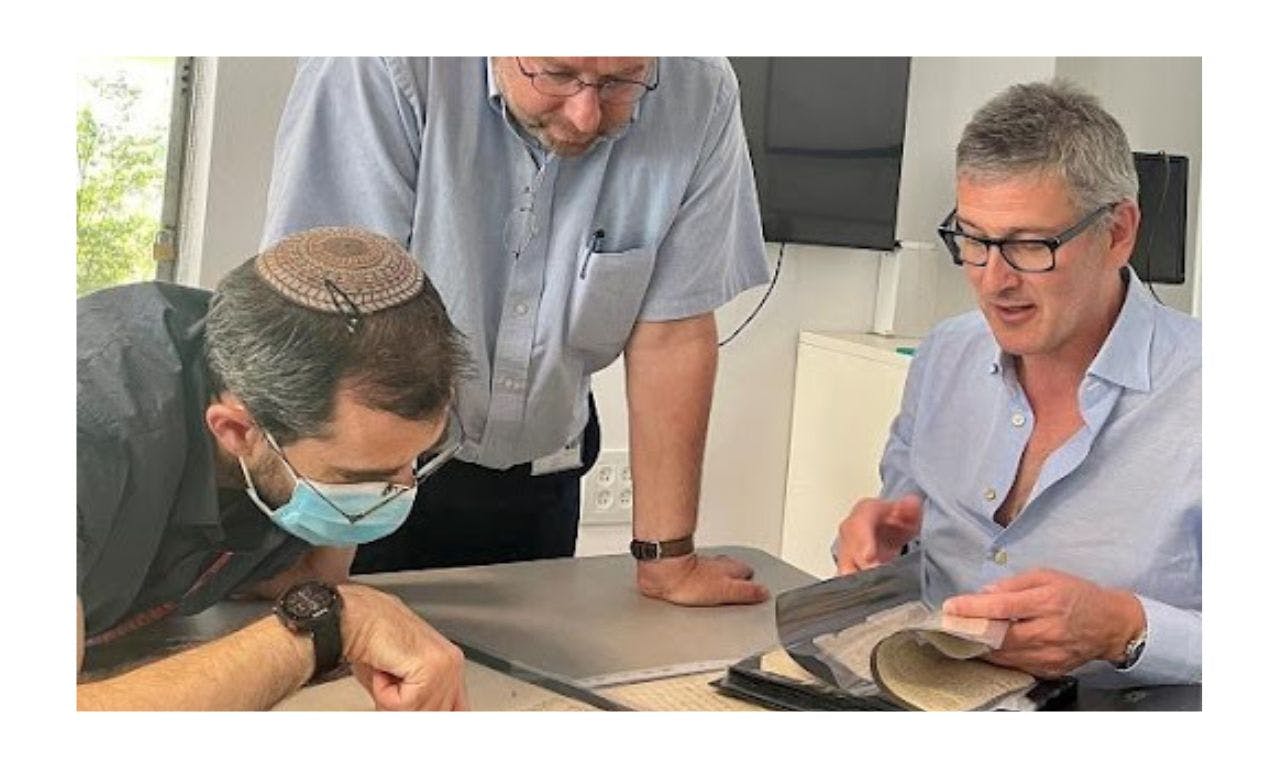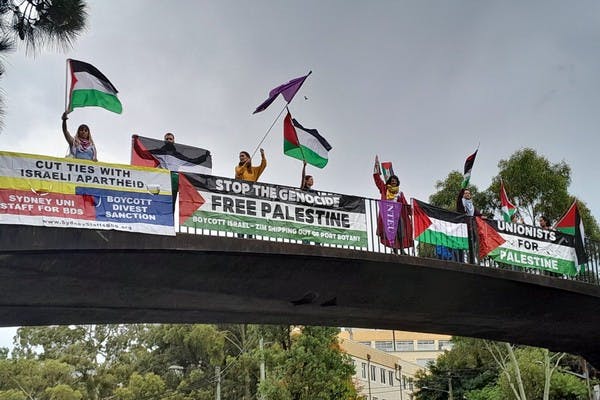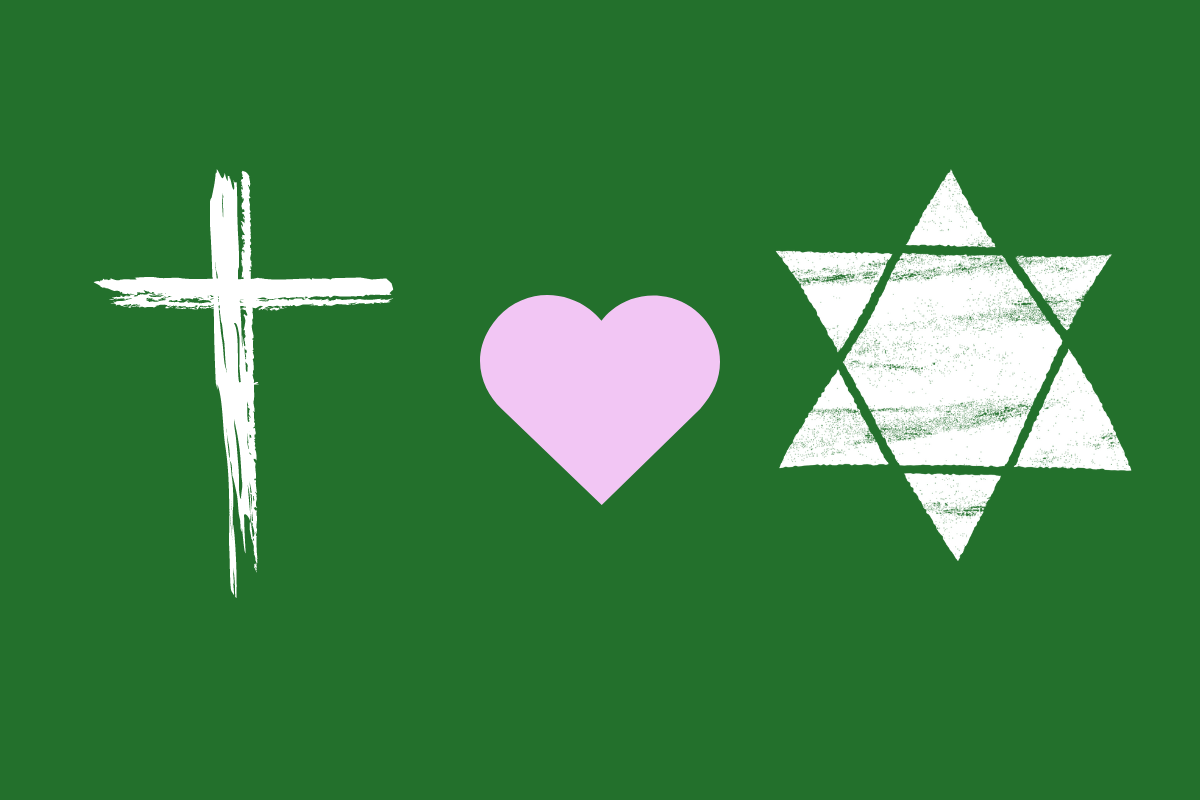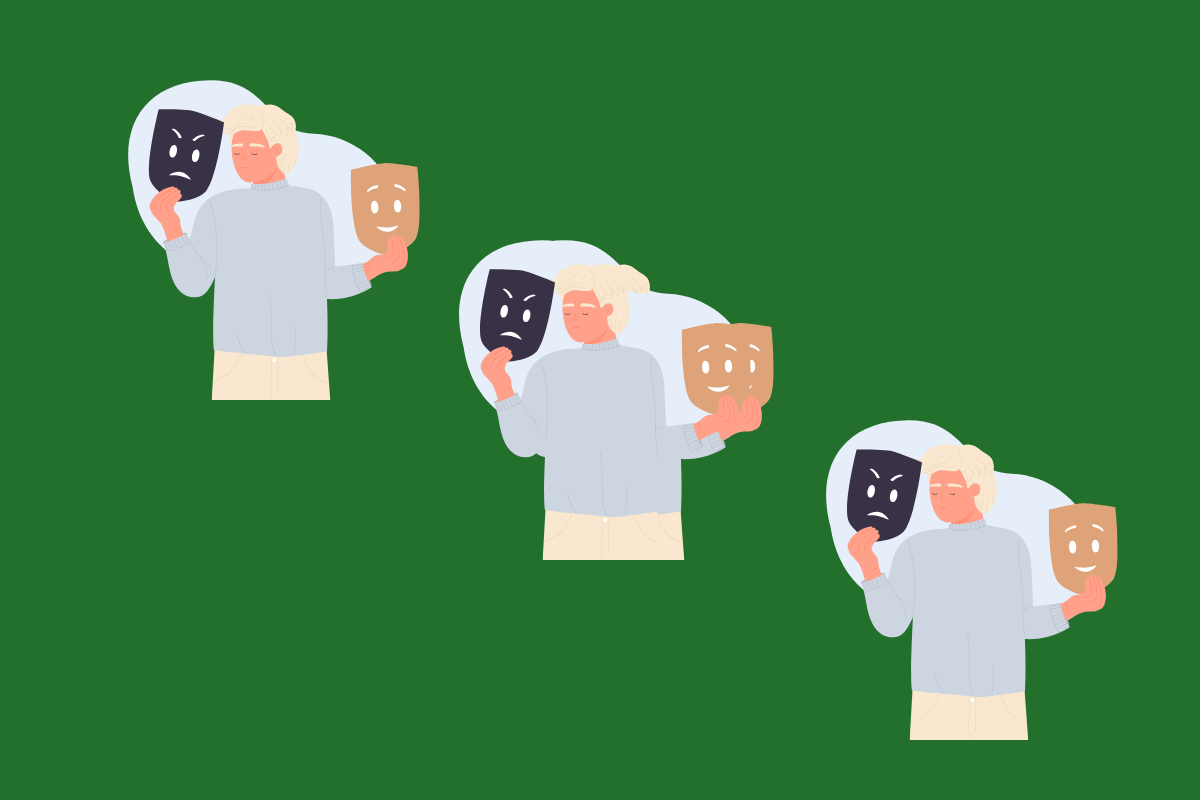Published: 12 August 2022
Last updated: 5 March 2024
MIRIAM HECHTMAN: Among the documents ROBERT LEHRER discovered in his parents’ home was a certificate signed by the Chatam Sofer, the leading rabbi of early 19th Century central Europe.
What items would you take if you had to suddenly flee your home?
In 1938, a day after the Anschluss, the political union of Germany and Austria, Dr Martin Singer, his son Kurt and Kurt’s family had to make that decision before fleeing Vienna for Hungary and arriving in Sydney later that year.
“My grandfather Kurt was dragged into the Nazi SA headquarters and interrogated, and because he was a Hungarian citizen, he was able to leave Austria,” says Kurt’s grandson, Robert Lehrer. “They gave him 12 hours to get out of Vienna. So, they packed their bags, packed boxes and ran. And that's how these documents are still in existence - because they got out.”
Lehrer discovered “these documents” at his parents’ house after his father died in 2017. “I remember putting these packages of documents together, laying things out on the dining room table and opening one of the ones where the string had already been removed and flicking through them.”
He soon understood they were religious documents. “There were rabbis in the family. So, I gathered quite quickly what they were.” Several contained hand-written notes by his great-great-great-great-grandfather, Rabbi Daniel Prossnitz (1759-1846), who was head of the Beit Din in Pressburg, Slovakia, and the right-hand man of the revered Rabbi Moshe Schreiber, also known as the Chatam Sofer, one of the leading Orthodox rabbis of European Jewry in the first half of the 19th century.
Known as a “trophy signature”, a great rabbi's mark means a document is revered like artwork and can change hands for substantial amounts among Orthodox Jews.
When asked, Lehrer’s mother said she knew about the documents, but had not investigated them. “I always had the feeling that when it came to the discussion of religious matters, as girls, we were kind of left out of it,” she said.
Lehrer found he had about 250 documents, written in Yiddish, Hebrew and Hungarian, dating back three centuries. After sharing his discovery with a few friends and family, the self-professed amateur historian decided to investigate. On a drizzly night in Melbourne, Lehrer, armed with several documents, visited his neighbours. The Mays were an Orthodox Jewish family with whom Lehrer, a secular Jew, had had little contact. “I just went across the road and knocked on the door and said, ‘Rob from across the road here. I've got something I want to show you’.”
Lawyer and scholar Joel May took an immediate interest and, though he could read some documents, he suggested Lehrer contact Rabbi Shimon Opman, leader of Melbourne’s Adass Israel community and a Judaic historian with a Hungarian background.
Opman recognised rabbis’ names, signatures, rabbinical certifications, and other identifying marks. He became quite emotional, Lehrer says, when he found a certificate written and signed by the Chatam Sofer. Later, Lehrer learned the value of such finds. Known as a “trophy signature”, a great rabbi's mark means a document is revered like artwork and can change hands for substantial amounts among Orthodox Jews.
The documents included Jewish religious writings, such as sermons, Halachic commentary and teachings, and letters between Lehrer’s family members and others, dating from the late 1700s to the mid-to-late 1800s. The Hebrew documents, in particular, are rare and significant, Lehrer says, because the only people who spoke to each other in Hebrew were rabbis.
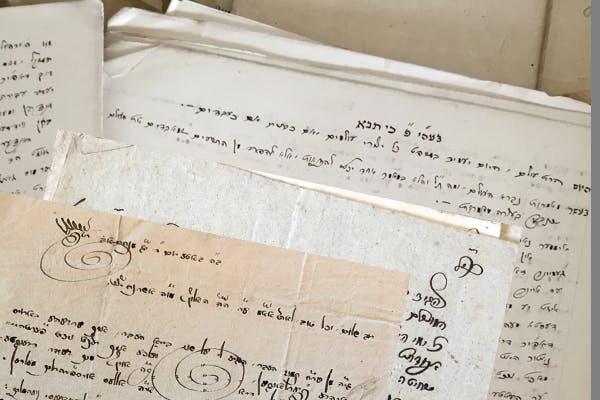
“The personal documents (by the rabbis) always contain wisdoms, teachings, ideas, and what they're thinking about. They're written in a form that is probably not typical of how letters would be written today.”
A booklet, The Generations of Jesus, or as Lehrer’s great-grandfather wrote, Jesus Novella, is the Jewish story of Jesus Christ. “It probably would have been a dangerous little book to carry around because it doesn't tell the story as Christians do. It basically says that Jesus was the son of a Roman soldier who had his way with Mary.” According to Lehrer, the booklet was passed down verbally by generations of rabbinic students who wrote out their own versions, each slightly different. “It's never exactly the same because people put their own little interpretations in and it's always handwritten because it wasn't something you'd publish.”
Lehrer's next stop was the Melbourne Holocaust Museum, where a roundtable discussion was held with visiting American scholar Dr Michael Berenbaum, Museum Director & CEO Jayne Josem, and Manager of Collections & Research Dr Anna Hirsh. The four agreed that the documents would be best placed at the National Library of Israel. Lehrer’s family agreed and decided to donate most of the documents. Then Covid hit and it wasn’t until May this year that Lehrer was able to hand deliver the documents to Dr Yoel Finkelman, curator of the library’s Judaica collection.
“I’m sure documents of the like also exist elsewhere from other communities,” Lehrer says. “But so much was lost. I think those things have such resonance even if some are not so significant. They're all significant because they exist. I felt there was an inherent justice in these papers contributing to the body of Jewish heritage in Israel.”
Photo: Dr Yoel Finkelman (standing) and Yitzchak Gila examine the documents donated by Robert Lehrer (right) at the National Library of Israel. (Courtesy Robert Lehrer)
